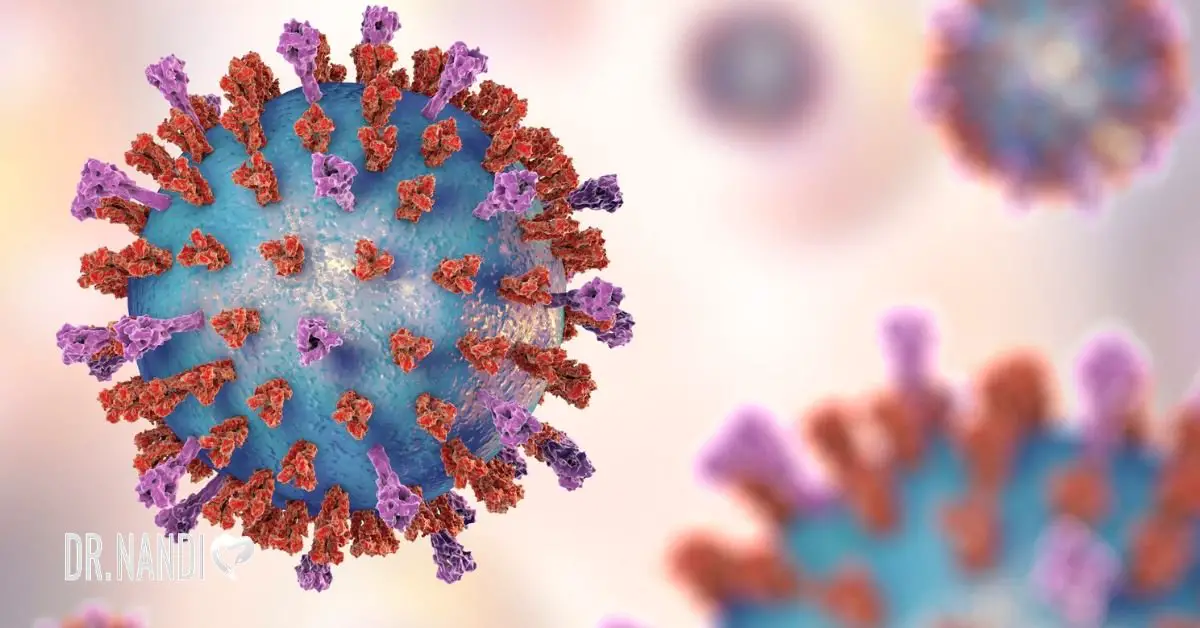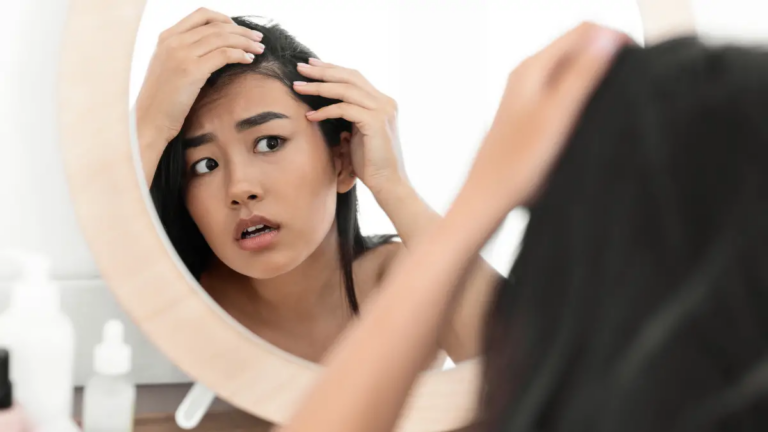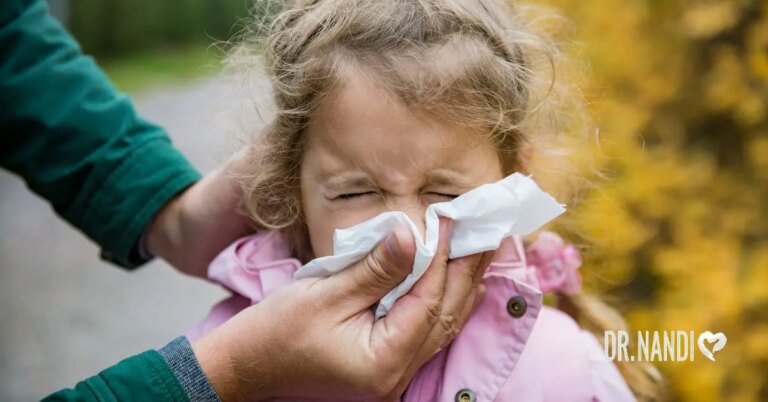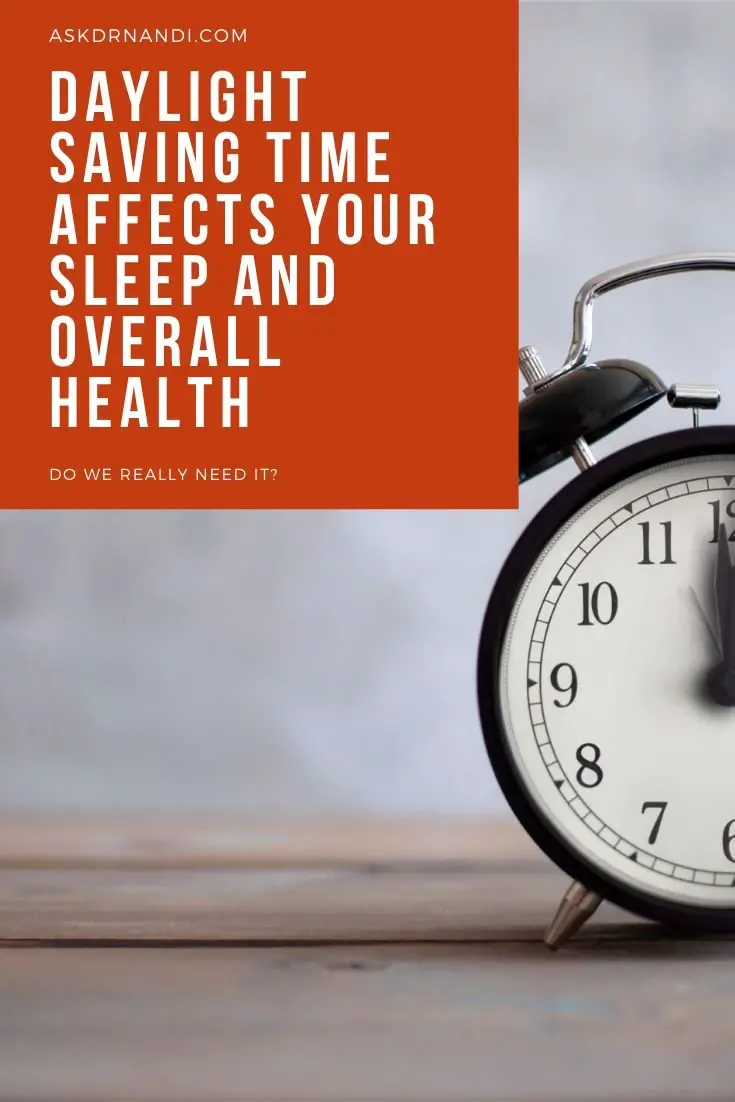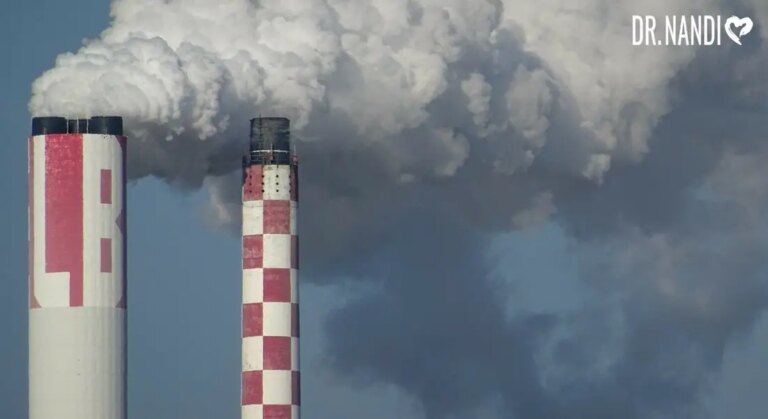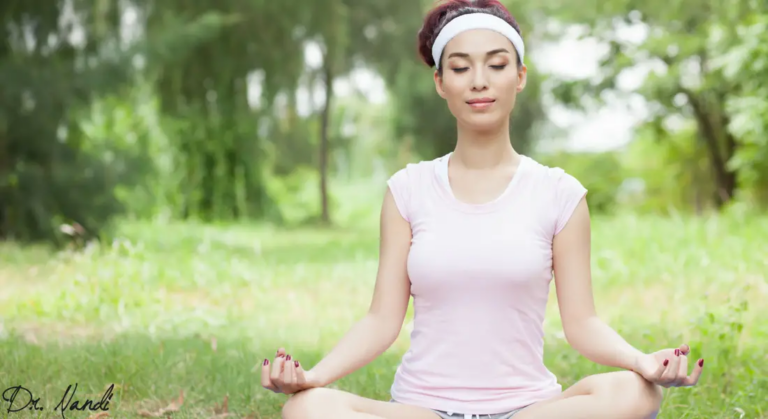How it Spreads
As of today, there is currently no vaccine to prevent coronavirus disease COVID-19. Research has found that the best way to prevent infection is to avoid being exposed to the virus. The virus is thought to spread mainly from person-to-person. It seems to pass between people who are in close contact with one another (within about 6 feet). The virus infects through respiratory droplets that are produced by an infected person when they sneeze or cough. The droplets can land in the noses or the mouths of non-infected people nearby or they could be inhaled into the lungs.
Steps to Take to Protect Yourself and Your Loved Ones
- Wash your hands often with soap and water for a minimum of 20 seconds. It is suggested to wash longer if you have been blowing your nose, coughing, sneezing, or if you’re in a public place.
- Use a hand sanitizer of 60% alcohol if soap and water are unavailable. Cover all surfaces of hands and rub them together until dry.
- Avoid touching eyes, nose and mouth with dirty/unwashed hands.
Avoid Close Contact
- Avoid close contact with people who are sick.
- Put a distance between yourself and other people if COVID-19 has been detected in your community. This is very important for the elderly and those with compromised immune systems.
Protect Others
- Stay home if sick unless medical care is needed.
- Cover all coughs and sneezes with a tissue or use the inside of your elbow.
- Throw used tissues in the trash.
- Immediately wash hands with soap and water for a minimum of 20 seconds.
- Wear a facemask if sick. Only those who are sick and around others should wear a facemask. If you cannot wear a facemask, always cover mouth and nose if you sneeze or cough.
- Clean and disinfect frequently touched surfaces daily! This includes tables, doorknobs, light switches, countertops, handles, desks, phones, keyboards, toilets, faucets, and sinks. Use detergents or soap and water prior to disinfecting if the surface is dirty.



